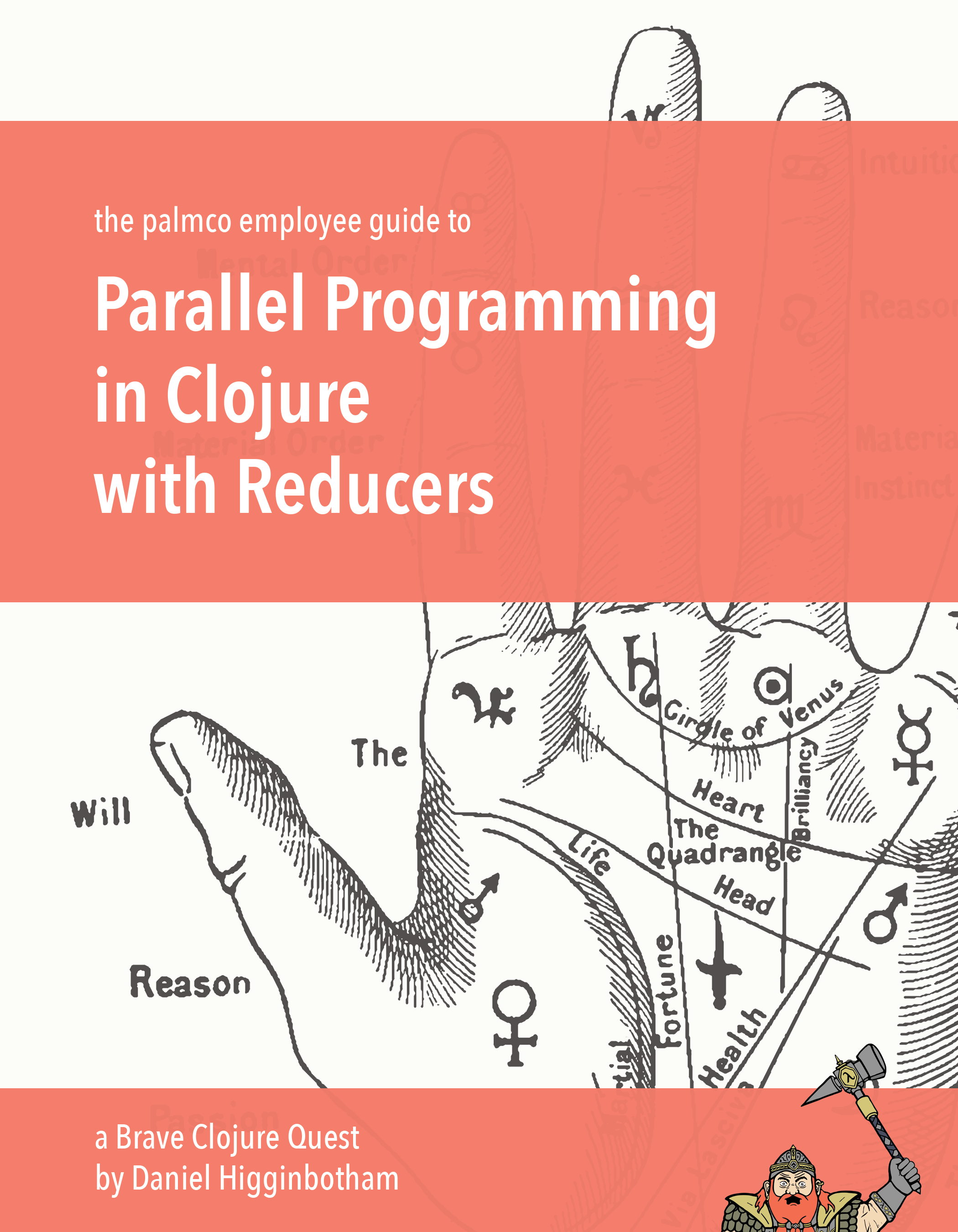Foreword
As you read this hilarious book, you will at some point experience a very serious moment. It is the moment you admit to yourself that programming is more enjoyable after knowing some Clojure. It is also the moment that your investment in this book, in money and time, comes back to you—with interest.
Humor has a certain relationship to seriousness. It is appropriate to joke about serious things, but only after the right amount of time has passed. For example, it took years for me to be able to crack a smile when I remember my favorite uncle’s last words: “Hold my beer.”
This book works in the opposite way. It points out really funny things for the right amount of time before, and perhaps even during, the serious event—that moment you realize you enjoy programming more because of Clojure. It does this without obscuring the deep, technical aspects of Clojure programming that you will learn.
This approach is refreshing because most of the programming books I’ve read are drier than a camel’s fart. We are fortunate that Daniel is a brilliant programmer and writer and that his wife Jess is an equally brilliant illustrator. We are especially fortunate that they both went insane and decided to write a book at exactly the same time.
Clojure is the topic of this book, but in a way it—or perhaps its creator, Rich Hickey—is also one of the authors, since Clojure is the most elegant programming language ever designed. Like the concept of brunch, Clojure is so elegant that it’s difficult to tell anyone anything about it without somehow improving them.
Elegance is a quality regularly ascribed to many dialects in the family of programming languages known collectively as Lisp, of which Clojure is one. All Lisps descend from a set of simple and beautiful discoveries made by the mathematician John McCarthy in 1958.
Since 1958, there have been many Lisps and Lisp books. There are many more Lisps and books to come. As artifacts of the past and future, each are right for the unique combination of constraints and desires faced and fancied by their authors, in their respective times.
I find Clojure, and this particular book about it, especially right for the present. I hope you will too.
Alan Dipert
 The print book longs for you to own it
The print book longs for you to own it
 OMG what!? Another book!?
OMG what!? Another book!? Great mama of the bahamas! Learn about reducers!
Great mama of the bahamas! Learn about reducers!